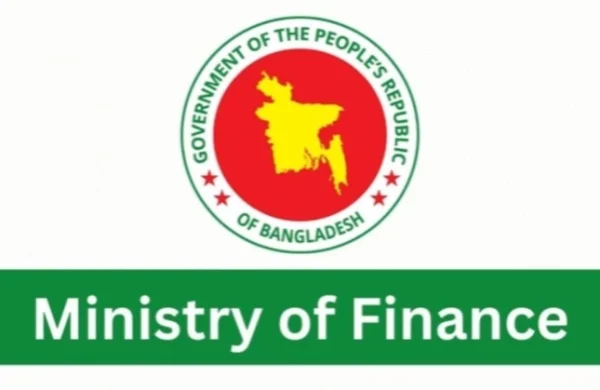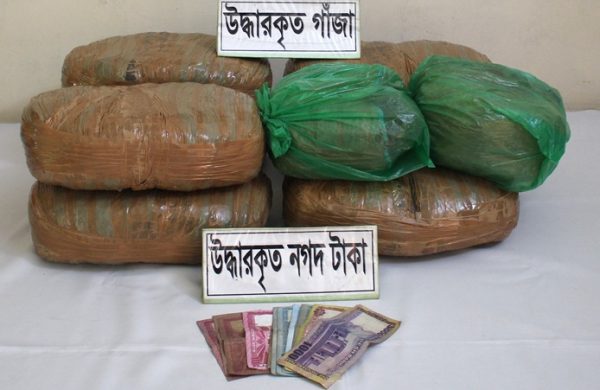Bond boom contributes half of bank income
- Update Time : Monday, June 30, 2025

Staff Correspondent:
Fifty banks saw a 45 percent, or Tk 12,332 crore, surge in income from treasury bonds last year, as they turned to risk-free, high-yield investments and stepped back from core lending amid economic headwinds, a review of their financial statements shows.
The 50 banks collectively earned Tk 39,958 crore from treasury bonds in 2024, up from Tk 27,626 crore in the previous year, according to an analysis of their audited financial statements.
Treasury bonds, issued by the government, are considered a safe investment option that now appears to be a mainstay in bank portfolios.
Covers 50 out of the 62 scheduled banks, as some are yet to publish their financial reports for 2024. Islami Bank Bangladesh, the largest Shariah-based lender in the country, was among those not included.
The total income of these banks from interest, investments, and commissions stood at Tk 78,663 crore in 2024. Of this, 51 percent came from investment income, mostly through treasury bonds and bills.
Senior bankers and investment analysts say the shift towards government securities indicates a cautious approach, prioritising guaranteed returns over traditional lending.
Banks do invest in the stock market as well, but most of them recorded no income from that avenue last year.
Instead, many had to set aside provisions to cover unrealised losses from a lacklustre equity market. Without those losses, their investment income could have been even higher.
Although the central bank removed the cap on interest rates, net interest income by the 50 banks dropped by 20 percent year-on-year to Tk 21,723 crore in 2024.
It accounted for 27 percent of their total income. Meanwhile, commission earnings edged up 6.5 percent to Tk 16,982 crore.
Commenting on the trend, Anis A Khan, former chairman of the Association of Bankers Bangladesh (ABB), said the shift in banks’ income sources shows the broader economic stress following the political changeover last year.
“Many firms shut down. Many entrepreneurs fled the country, and the rest of the people went into ‘hibernation’, resulting in a decline in investment demand,” he said.
Khan added that banks, being profit-driven, have naturally turned to government bonds to sustain growth.
“On the other hand, the government’s tax collection is low amid the business and economic situation, so it needs a higher amount of budgetary support,” he commented.
Well-capitalised banks, he said, are stepping in to fill that gap.
Over the past year, bank investments in treasury bonds and bills grew by nearly 32 percent, reaching Tk 98,948 crore. With the yield on such instruments touching 12 percent during the year, 12 banks each earned more than Tk 1,000 crore from bonds.
Leading the pack was Sonali Bank, which made Tk 6,414 crore, followed by BRAC Bank at Tk 2,881 crore, Agrani Bank at Tk 2,333 crore, Pubali Bank at Tk 2,019 crore, and Standard Chartered Bank with around Tk 1,800 crore.
The former ABB chairman said that banks have to maintain a 1 percent provision against loans but need not do so for treasury bonds. “So, the investment in government treasury is most profitable for them,” he said, adding that lending also incurs higher operating costs.
Asif Khan, president of CFA Society Bangladesh, a platform for investment professionals, said, “Banks bought treasury bonds, which is logical, and it was expected by the central bank’s contractionary monetary policy.”
According to Khan, who is also chairman of EDGE AMC Limited, this approach carries multiple implications. “It would contribute to making higher profits, and higher profits will contribute to strengthening the capital base of the banks,” he said.
Some banks, he said, are struggling with a large volume of hidden non-performing loans (NPLs). The increased income from bonds allows them to cover provisions for these distressed assets more comfortably.
He, however, said that the current “abnormal” spread between deposit rates and treasury yields will not continue forever.
Already, the foreign exchange reserves have started to rise. Last week, they surpassed the $25 billion mark, according to the BPM-6 count, marking a much-anticipated development for the first time in over 2.5 years.
“This could mean that the central bank’s tight monetary stance may ease before long, and with that, treasury bond rates may begin to fall,” he added.















